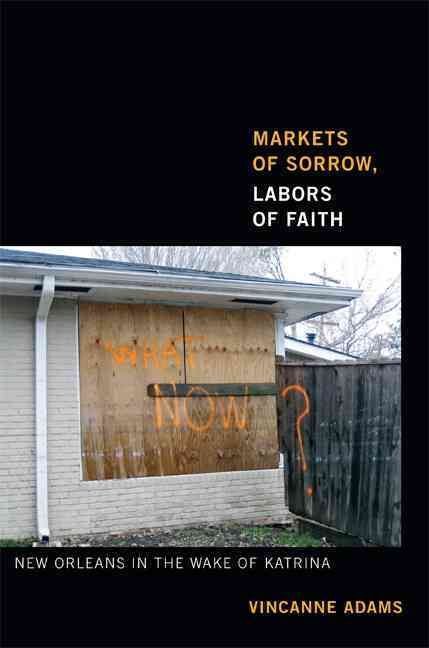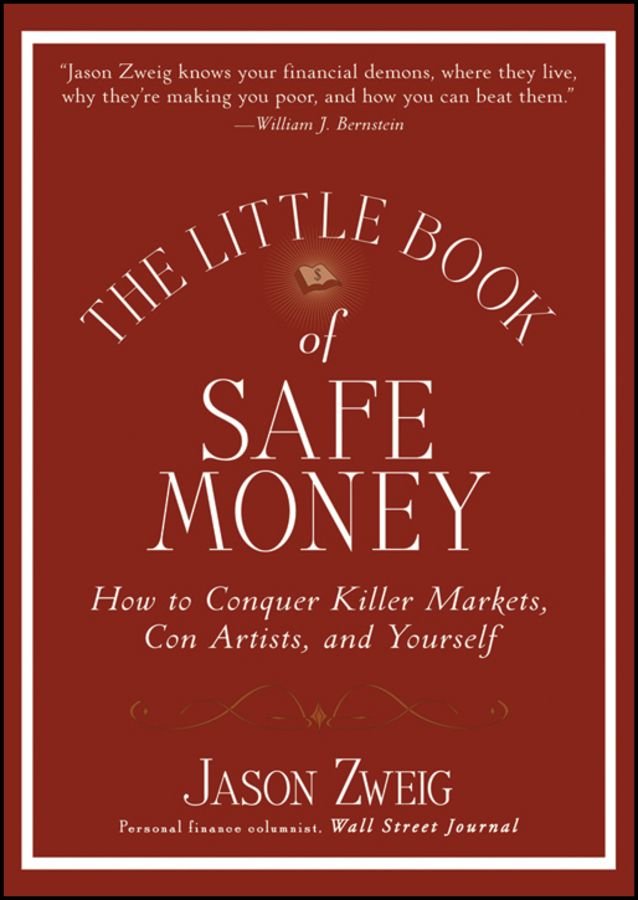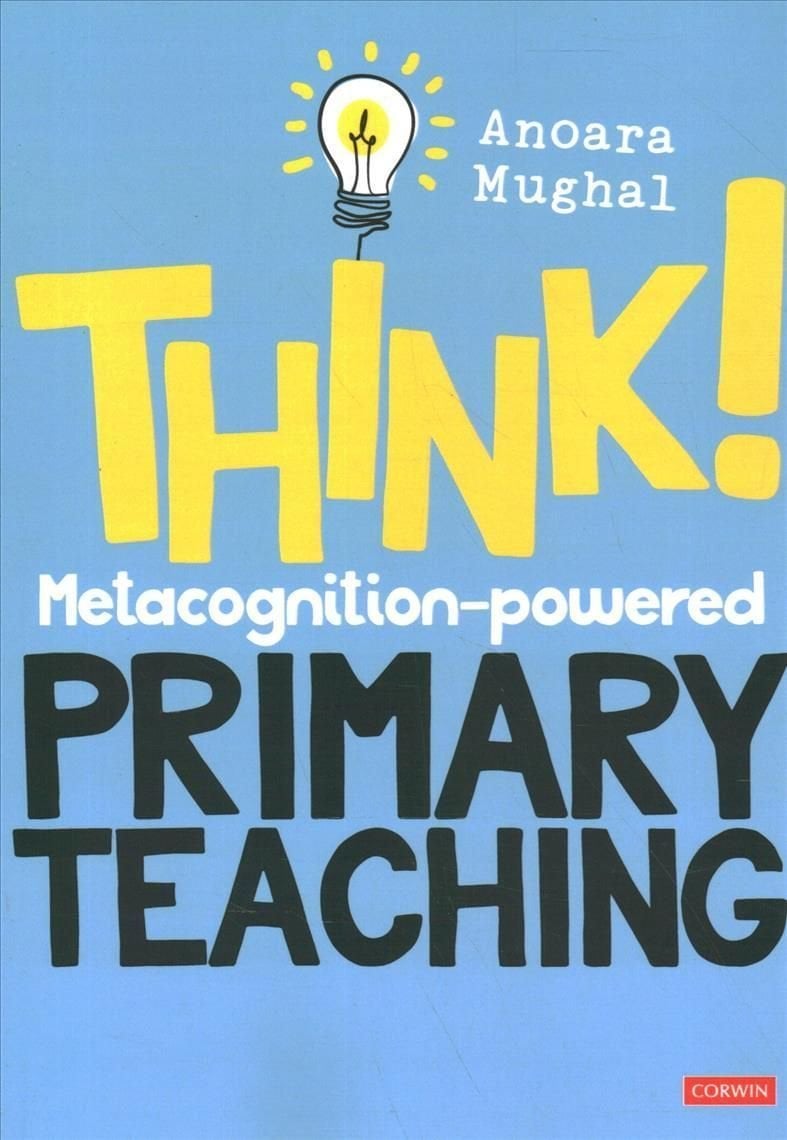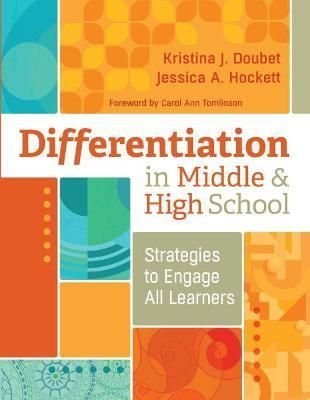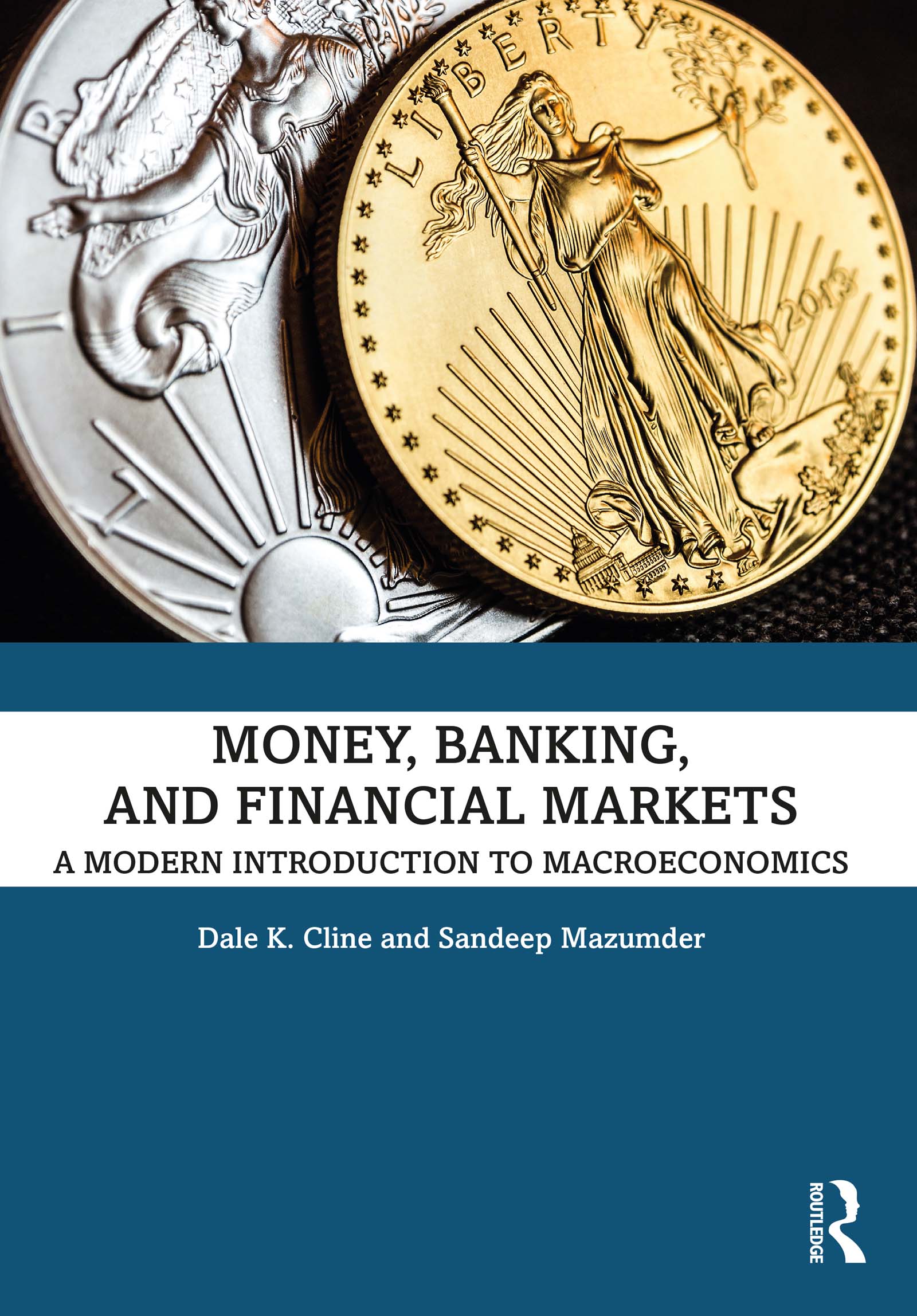Markets of Sorrow, Labors of Faith is an ethnographic account of long-term recovery in post-Katrina New Orleans. It is also a sobering exploration of the privatization of vital social services under market-driven governance. In the wake of Hurricane Katrina, public agencies subcontracted disaster relief to private companies that turned the humanitarian work of recovery into lucrative business. These enterprises profited from the very suffering that they failed to ameliorate, producing a second-order disaster that exacerbated inequalities based on race and class and leaving residents to rebuild almost entirely on their own. Filled with the often desperate voices of residents who returned to New Orleans, Markets of Sorrow, Labors of Faith describes the human toll of disaster capitalism and the affect economy it has produced. While for-profit companies delayed delivery of federal resources to returning residents, faith-based and nonprofit groups stepped in to rebuild, compelled by the moral pull of charity and the emotional rewards of volunteer labor. Adams traces the success of charity efforts, even while noting an irony of neoliberalism, which encourages the very same for-profit companies to exploit these charities as another market opportunity. In so doing, the companies profit not once but twice on disaster.
